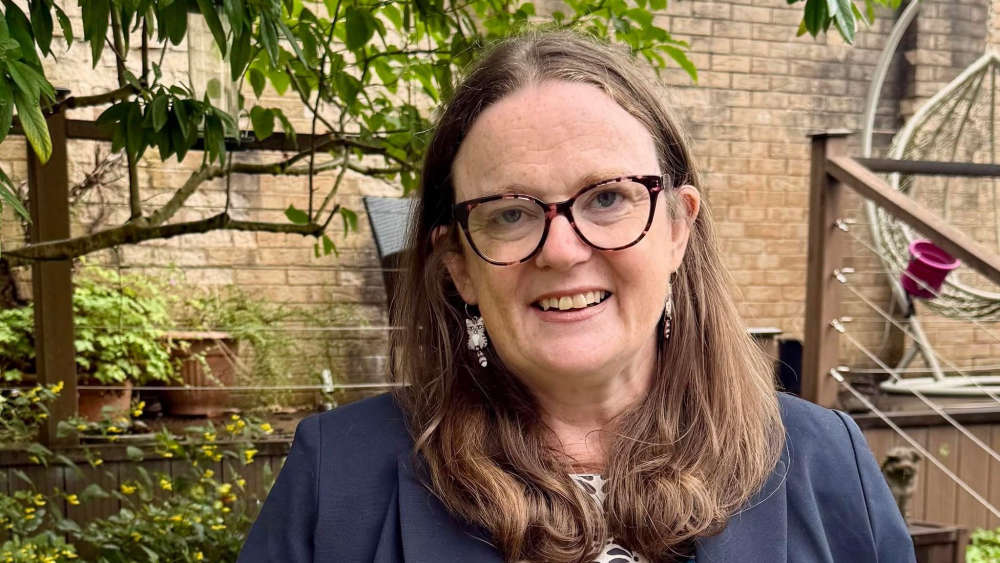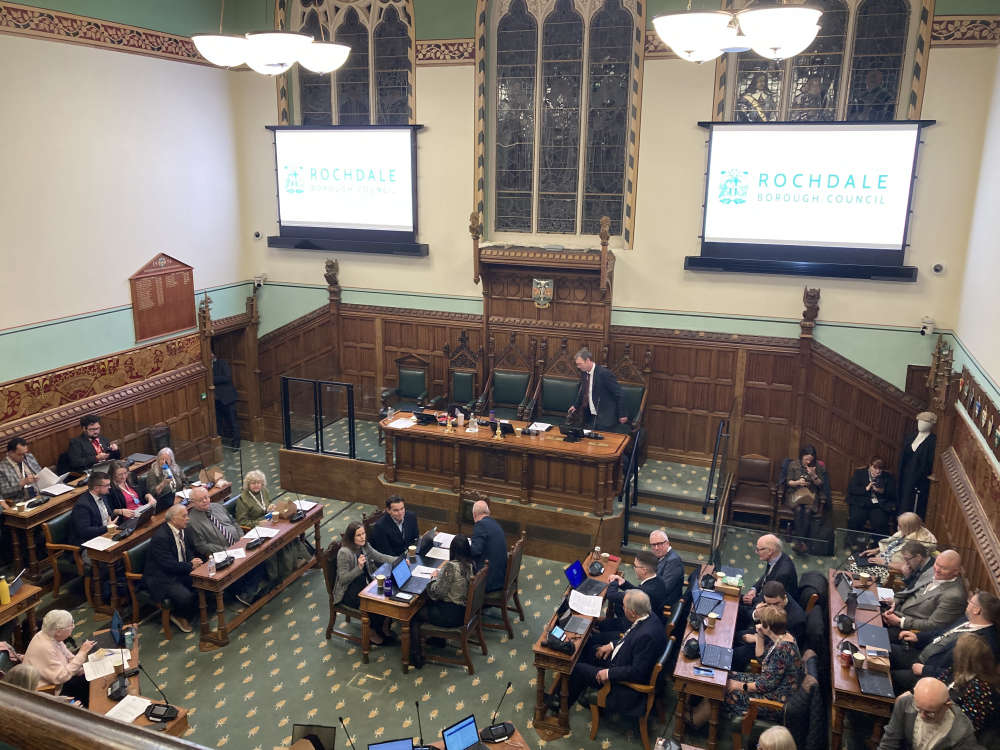
A campaign co-led by Rochdale MP Paul Waugh has succeeded in pushing the government to tighten laws on hate crimes against LGBT+ and disabled people, ensuring they carry the same legal weight as offences motivated by race or religion.
Hate crimes targeting disabled people and the LGBT+ community are set to be treated more severely in law following a cross-party parliamentary campaign backed by Rochdale MP Paul Waugh. The change will make crimes motivated by hostility toward someone’s sexual orientation, gender identity or disability “aggravated offences”, subject to tougher sentences.
Mr Waugh supported an amendment to the Crime and Policing Bill, originally tabled by Labour MP Rachel Taylor, which has now prompted the government to introduce its own version of the reform in the House of Lords.
During a parliamentary debate, ministers said they had heard the case “loud and clear” and pledged to act. The forthcoming change means that, for the first time, hate crimes against LGBT+ and disabled people will be treated as seriously as those driven by racism or religious hatred.
Mr Waugh, who represents Rochdale, said: “Every victim deserves justice, and there should be no hierarchy when it comes to protecting people from targeted abuse. For too long, these crimes haven’t carried the same weight in law. Today we’ve taken an important step to put that right.”
Referencing this year’s Rochdale Pride, he added: “It was brilliant to see Rochdale's Pride Parade back bigger than ever this year and I hope this amendment will help many in the LGBTQ+ community get the protection they deserve.”
Ms Taylor, MP for North Warwickshire and Bedworth, revealed that police recorded more than 40,000 hate crimes related to disability, sexual orientation or transgender identity between March 2023 and 2024. She described the new law as a “great stride forward for equality”.
“This change reflects what victims have been asking for: equal protection under the law,” she said. “I want to thank all those who supported the campaign, I couldn’t have done it without them.”
Currently, such crimes can qualify for enhanced sentencing but only after a conviction. Under the new law, the motivation must be proven during prosecution, strengthening police and legal responses from the outset.
The move follows a 2021 recommendation from the Law Commission and is expected to pass into law within months.


 Conservatives select Emma Lee as candidate for Tottington by election
Conservatives select Emma Lee as candidate for Tottington by election
 Bowlee car boot sale returns for the 2026 season
Bowlee car boot sale returns for the 2026 season
 Inside the major refurbishment transforming Tenpin Rochdale
Inside the major refurbishment transforming Tenpin Rochdale
 Former Middleton pub could reopen as convenience store after closure
Former Middleton pub could reopen as convenience store after closure
 Councillors raise concern over Riverside Housing sale of social homes in Middleton
Councillors raise concern over Riverside Housing sale of social homes in Middleton
 Heywood community raises £1799.65 as Donna Dolan shaves hair for Macmillan
Heywood community raises £1799.65 as Donna Dolan shaves hair for Macmillan
 Road closure in Ramsbottom
Road closure in Ramsbottom
 Rochdale families urged to shape national consultation on keeping children safe online
Rochdale families urged to shape national consultation on keeping children safe online
 Civil war erupts as Labour activists in Gorton and Denton say party is ‘not willing to change’
Civil war erupts as Labour activists in Gorton and Denton say party is ‘not willing to change’
 Silver Street offices approved as temporary housing
Silver Street offices approved as temporary housing
 All the major projects Rochdale can expect from capital funding
All the major projects Rochdale can expect from capital funding
 Emergency services respond after people report illness at Bury premises
Emergency services respond after people report illness at Bury premises



Comments
Add a comment